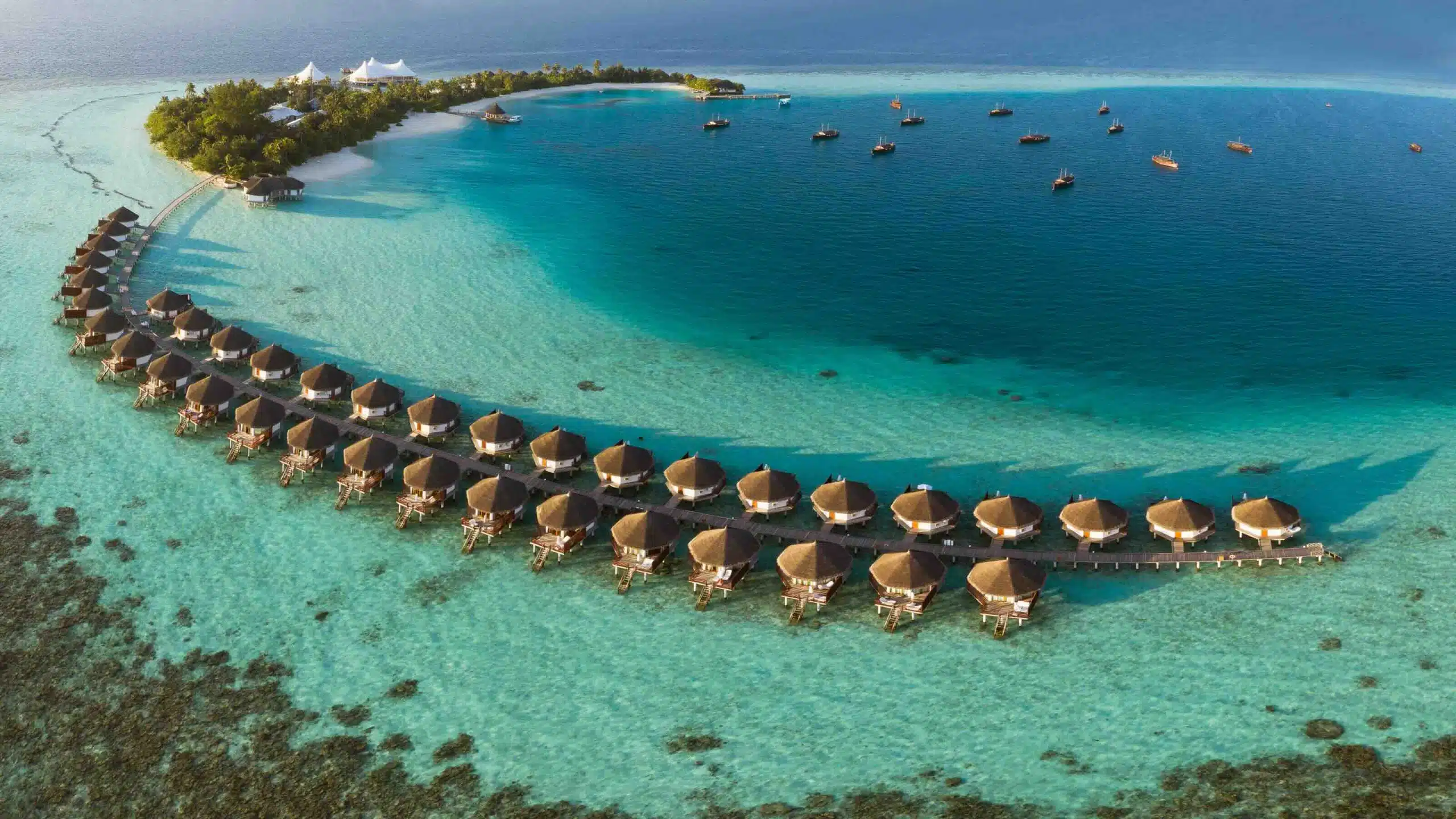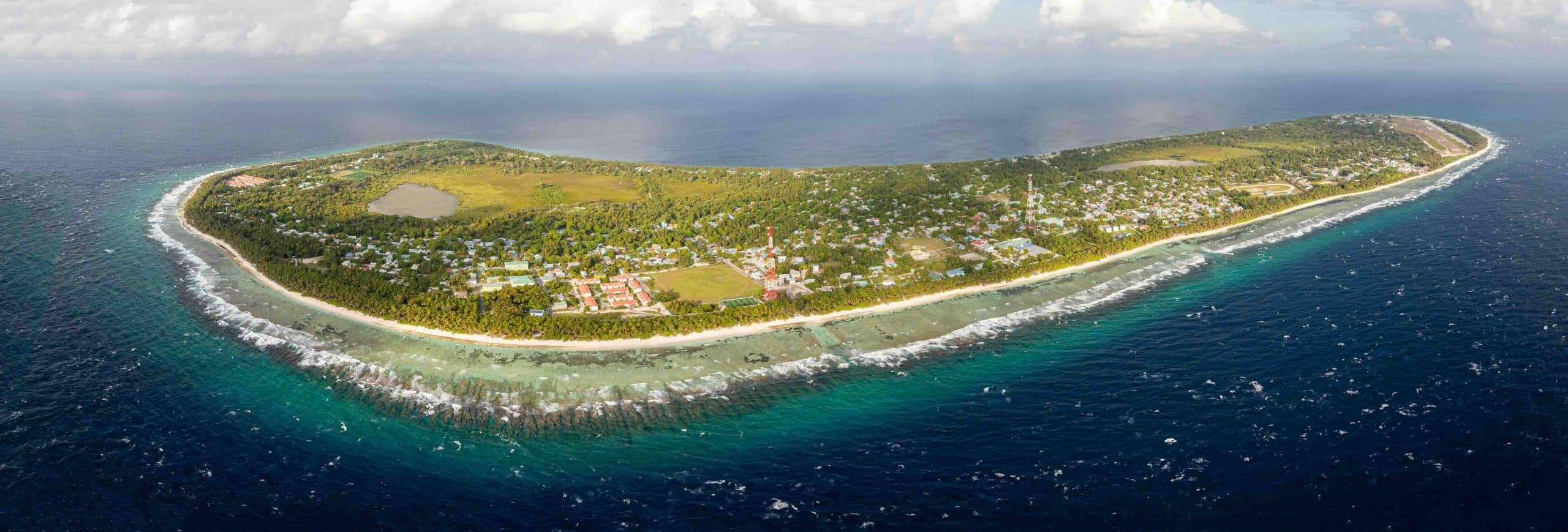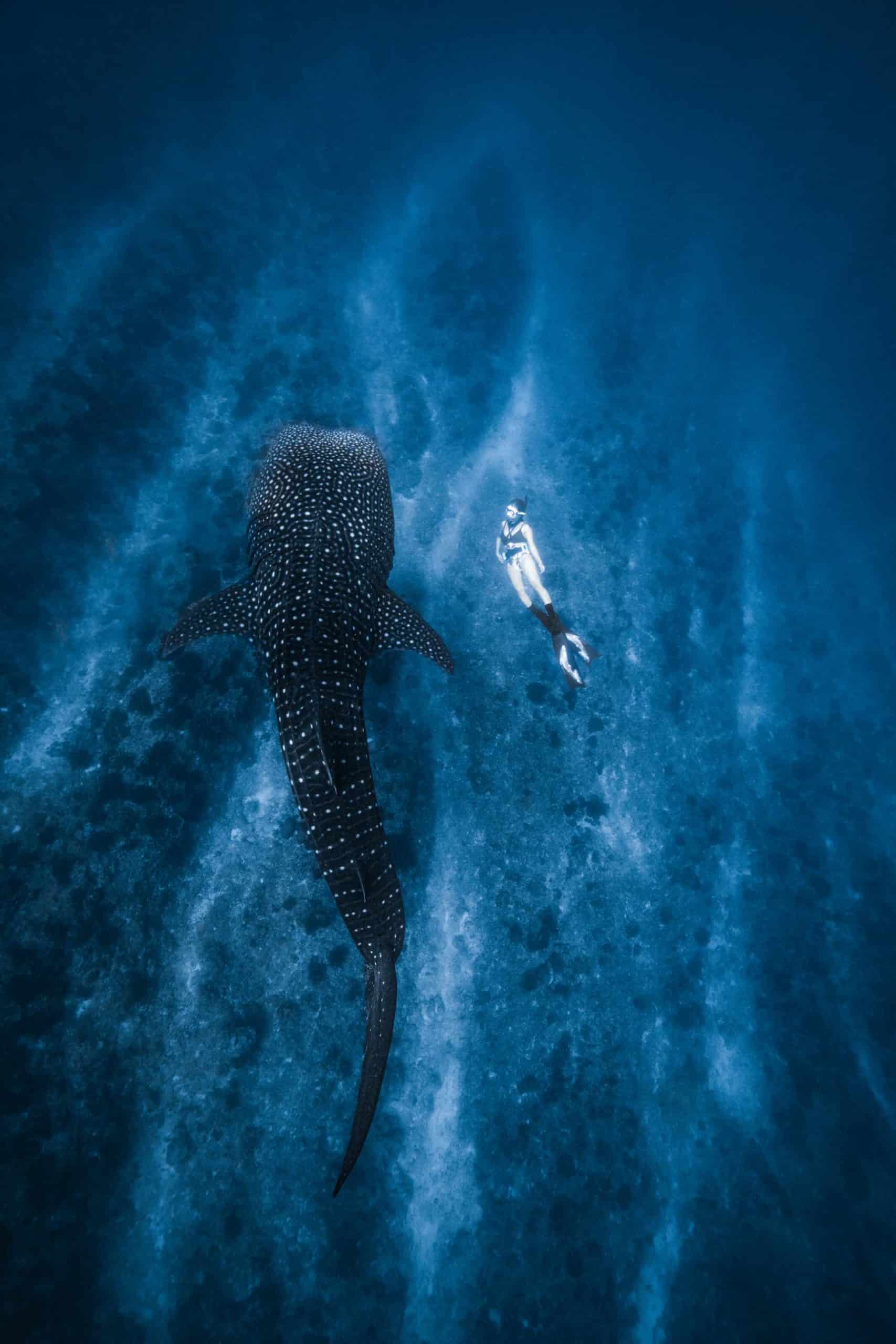Thien Nguyen
Thanks to its stunning beaches and marine life, the island nation of the Maldives – the smallest country in Asia, is hailed as a tourism paradise.
A nearly 10-hour flight from Ho Chi Minh City brought me to Malé, the capital of the Maldives, a small but much-discussed nation in the Indian Ocean. Known as a marine paradise, the Maldives boasts powdery white sand beaches, crystal-clear waters, and endless coral reefs.

However, beneath this beauty lies a fragile marine ecosystem facing significant challenges from climate change and human impact. To protect this island nation, the government and its people have proactively developed sustainable tourism, focusing on environmental conservation.
I visited to enjoy the vast ocean’s beauty and to learn more about the Maldives’ efforts to preserve its marine ecosystem.
A natural treasure
The Maldives is the world’s largest coral island nation, comprising nearly 1,200 small islands formed from 26 coral atolls, creating a rich and diverse marine ecosystem. The coral reefs are not only home to countless species but also play a crucial role in protecting the islands from large waves and erosion. With thousands of fish and coral species, this region is home to iconic marine animals such as tiger sharks, manta rays, nurse sharks, and sea turtles.

Sustainable tourism
Instead of pursuing mass tourism, the Maldives has implemented many marine conservation policies to protect the island nation’s rich nature. The government and conservation organizations like Manta Trust and the Olive Ridley Project have launched programs to protect sea turtles and sharks, and established protected marine areas to limit human impact. The islands’ resorts are designed in harmony with nature, applying green technology to optimize the balance between humans and the environment. Notable resorts include Soneva Fushi, Soneva Jani, and Six Senses Laamu.
In the Maldives, visitors can experience unique and diverse ecological activities, from responsible diving to coral reef restoration. Visitors can also explore the local culture and lifestyle on various inhabited islands. Islands like Maafushi, Dhigurah, and Fuvahmulah offer eco-friendly accommodation and diving services while ensuring that local communities benefit from sustainable tourism.

Challenges to sustainability
Despite significant achievements in environmental protection, the Maldives still faces challenges from climate change, rising sea levels, and coral bleaching, which threaten its rich flora and fauna. Moreover, the increasing number of tourists significantly impacts the ecosystem, making effective tourism management essential to protect resources, maintain ecological balance, and ensure long-term economic benefits for local communities.
The Maldives, an island paradise, vividly testifies to the potential of sustainable eco-tourism. When visiting, tourists not only enjoy services but also experience the harmonious balance of humans and nature, gaining environmental awareness and learning about responsible tourism development. The persistent efforts of the government, businesses, and visitors to the Maldives are helping to preserve this region’s beauty for future generations.











